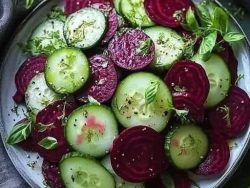Slider Image 1 Content

Slider Image 1
Posted on
Make Great Health Your Lifestyle Choice
This is promotion headline. You can edit this from Appearance -> Customize -> Theme Options -> Promotion Headline Options
Here you can showcase the x number of Featured Content. You can edit this Headline, Subheadline and Feaured Content from "Appearance -> Customize -> Featured Content Options".

There is no excerpt because this is a protected post.